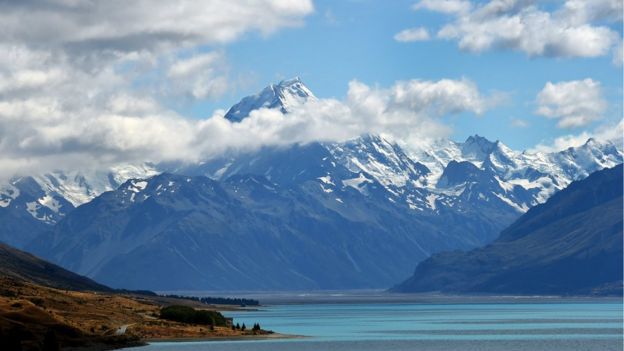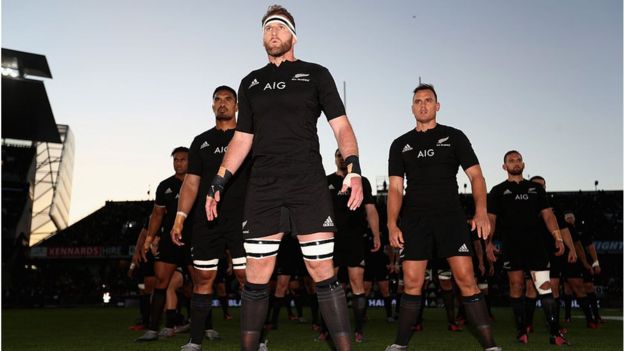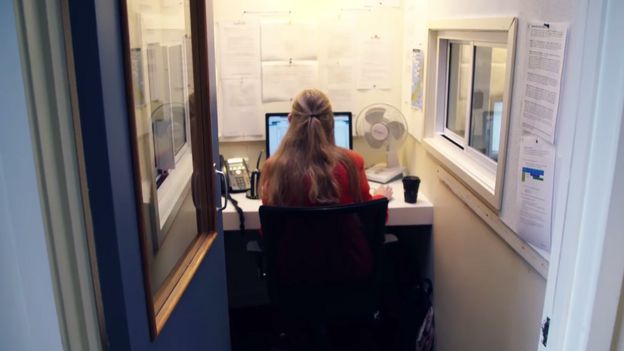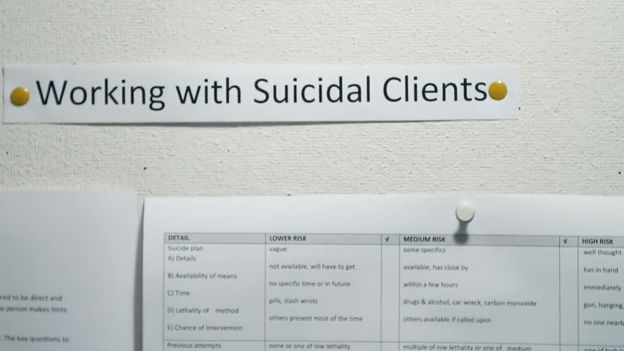- 15 June 2017
- From the sectionAsia
-
(오세아니아) 뉴질랜드 청소년의 자살률이 충격적으로 높은 이유국제문제/오세아니아 2017. 6. 18. 10:11
출처: http://www.bbc.com/news/world-asia-40284130
2017년 6월21일
밝은 하늘: 뉴질랜드 청소년의 자살률이 세계최고라는 얘기가 가히 충격적이다. 뉴질랜드 사회에 많은 문제들이 있다: (1) 아동빈곤.(2) 직업 없는 부모랑 사는 미성년자의 높은 임신률. (3) 가정폭력. (4) 아동학대. (5) 제도적 문화적 인종주의. (6) 남성에게 터프함을 요구하는 또래문화 등. 이런 점들이 뉴질랜드 청소년들로 하여금 자살을 선택하게 하는 직간접적 요소로 작용하고 있다.
What's behind New Zealand's shocking youth suicide rate? (청소년자살률: youth suicide rate).
Think of New Zealand and what likely comes to mind is beautiful nature - fjords, mountains and magnificent landscapes, vast, empty and endless.
But for years already, the country has been struggling with another form of isolation - depression and suicide.
A new report by Unicef contains a shocking statistic - New Zealand has by far the highest youth suicide rate in the developed world.
A shock but no surprise - it's not the first time the country tops that table.
The Unicef report found New Zealand's youth suicide rate - teenagers between 15 and 19 - to be the highest of a long list of 41 OECD and EU countries. 유니세프 보고서에 의하면, 뉴질랜드는 OECD와 EU 41개국 중 청소년(15-19세) 자살률 최고를 기록.
The rate of 15.6 suicides per 100,000 people is twice as high as the US rate and almost five times that of Britain. **뉴질랜드 청소년 자살률** 인구 십만명당 15.6명의 자살로, 미국의 2배, 거의 영국의 5배에 해당.
Why New Zealand?
There's a combination of reasons, and it's important not to only focus on one statistic, warns Dr Prudence Stone of Unicef New Zealand. (복합적인 이유: a combination of reasons)
The high suicide rate ties in with other data, showing for instance child poverty, high rates of teenage pregnancies or families where neither of the parents have work. **높은 자살률과 연관된 뉴질랜드의 사회문제들: (1)아동빈곤, (2)직업이 없는 부모랑 사는 미성년자의 높은 임신률
New Zealand also has "one of the world's worst records for bullying in school", says Shaun Robinson of the Mental Health Foundations New Zealand.
He explains there is a "toxic mix" of very high rates of family violence, child abuse and child poverty that need to be addressed to tackle the problem. 뉴질랜드 사회문제: (1) 가정폭력, (2) 아동학대, (3) 아동빈곤.
 AFP
AFPMany New Zealanders live in remote rural communities New Zealand's own statistics also reveal that suicide rates are highest for young Maori and Pacific Islander men.
"This shows us there are also issues around cultural identity and the impact of colonisation," he says. 뉴질랜드의 문제: 문화적 정체성과 식민주의 영향.
According to the most recent data of 2014, the suicide rate among Maori men across all age groups is around 1.4 times that of the non-Maori.
"It is alarming to see - and perhaps it is an indicator of the level of institutional and cultural racism in our society," says Dr Stone. 뉴질랜드의 사회문제: 제도적 인종주의, 문화적 인종주의.
"There is no research for us to say that conclusively but it certainly suggests as much."
 GETTY IMAGES
GETTY IMAGESCould the country's tough rugby culture be adding to pressure on teenage boys? Beyond the bleak numbers there's another possibility that some cite as a possible cause for the troubling situation. (bleak: 암울한, 절망적인)
Health and support services across all Western countries have for years been fighting the stigma attached to depression perceived as weakness.
And this might in fact be more of a problem in New Zealand than in other countries.
"There is a tradition of the hardened-up mate culture within New Zealand," says Dr Stone. "It puts pressure on men to be of a particular mould, pressure on boys to harden up to become these tough beer-drinking hard men. " (harden-up mate culture: 경직된 친구문화) (harden up: 딱딱해지다, 경직되다,)
She says there's been a slight change in recent years, with musicians and film makers emerging as role models for a different kind of New Zealand male - people that are "not your typical All Black big tough type" but show there can be a playful approach to masculinity.
 YOUTHLINE
YOUTHLINEPhone helplines can often offer life-saving support "A lot of the Western world does really take an attitude: 'I'm just gonna grin and bear it,'" agrees Briana Hill, spokeswoman for Youthline, a phone helpline specifically aimed at young people.
"But I think there definitely is an added stoicism in the New Zealand psyche around 'I'm just gonna work through this myself' which you might not experience as much in other countries."
It's not that there's no support system to address the issue but the problem is that it's completely over-stretched.
Demand for services has shot up by 70% over the past decade, explains Mr Robinson, while the number of suicide-related callouts by police have gone up by 30% in the past four years alone.
It is a problem that Briana Hill of Youthline is only too familiar with. There are too many calls that they are simply not able to take, she says, because they don't have the capacity.
 YOUTHLINE
YOUTHLINEYouthline's counsellors are a mix of professionals and volunteers The unanimous sense among the expert community is that there needs to be more funding to help the services that address the problem.
But equally important is a more general focus to create awareness of the problem and to prioritise it.
"The country is not doing a good job of supporting its young people to be able to manage the pressure, the stresses, the emotional and mental challenges that they are facing," says Shaun Robinson. 청소년들이 느끼는 압박, 스트레스, 정서적 정신적 도전들을 잘 관리할 수 있도록 국가는 도움이 되고 있지 않다.
The persistence of the problem, though, over the years has already pushed it higher up the agenda of policy makers.
It has, for instance, become a topic in political debates ahead of the country's general election in September this year.
In April, the government published a draft for a national suicide prevention strategy which currently is up for public consultation.
While there is a lot of debate around the draft, even those who say it falls short agree that it's an important step towards shifting the country's sky-high suicide rates more into the public focus.
If you are feeling emotionally distressed and would like details of organisations in the UK which offer advice and support, go online to bbc.co.uk/actionline. In New Zealand, you can find similar information at Youthline and Lifeline.
'국제문제 > 오세아니아' 카테고리의 다른 글
(호주) 비인간적 대우로 사망한 호주 원주민 여성에 관한 사인규명 요구 (0) 2016.12.17 (호주) 호주는 땅덩이가 광대한 만큼 선거 진행도 어려움이 많다 (0) 2016.07.02 (호주) 서울에서 밤에 강제로 약물복용 후 강간 당했다고 주장하는 호주 여성 (0) 2016.04.01 (뉴질랜드) 뉴질랜드 새로운 국기 디자인 공모 결과 나왔으나 없던 일로 하기로 (0) 2016.03.28 (호주) 호주 원주민 10세 소녀 자살 소식에 호주사회 충격 먹다 (0) 2016.03.11
